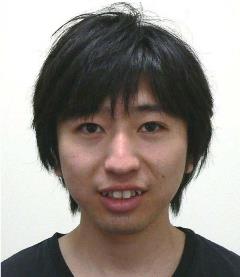Abstract:
Studies of learning in artificial and biological systems have been mutually interactive and revealed commonalities and differences between the two systems. The basic architecture of modern neural networks has been inspired by hierarchical structure of the visual cortex, whereas the field of artificial intelligence has provided a computational and theoretical framework for understanding the brain. It is of significant interest for both scientific disciplines how humans and animals excel at certain domains, such as generalizing and transferring knowledge with high sample efficiency. Deciphering the inner workings of the brain would benefit the AI community to make machines that think and act like humans. In this seminar, I will present our recent effort to understand learning in intelligent systems. The talk will cover topics from basic control problems in reinforcement learning and neuroscience to advanced subjects such as hierarchical learning and multi-task learning. Such an AI-inspired approach will pave a new research direction in neuroscience.
Venue:
Meeting Room 7C, Level 7
Duke-NUS Medical School
Host:
Dr Jun Nishiyama
Principal Investigator
Neuroscience & Behavioural Disorders Programme, Duke-NUS
Contact Person:
Jacqueline Ho (jacqueline.ho@duke-nus.edu.sg)
Neuroscience & Behavioural Disorders Programme, Duke-NUS
Date and Time
31 Jan 2020 @ 12:00 - 31 Jan 2020 @ 13:00
Speaker

Dr Hiroshi Makino
Nanyang Assistant Professor
Lee Kong Chian School of Medicine, Nanyang Technological University
Dr Hiroshi Makino is a Nanyang Assistant Professor at the Lee Kong Chian School of Medicine, Nanyang Technological University. Dr Makino started his scientific career at the Salk Institute for Biological Studies where he studied adult mammalian neurogenesis in the hippocampus. He obtained his PhD from the Watson School of Biological Sciences at Cold Spring Harbor Laboratory where he studied AMPA receptor dynamics and synaptic plasticity. He conducted his postdoctoral research at University of California, San Diego where he investigated learning-related transformations of micro- and macro-scale cortical activity. He is a recipient of the NARSAD Young Investigator Grant from the Brain & Behavior Research Foundation and the Young Investigator Award from the Japan Neuroscience Society.